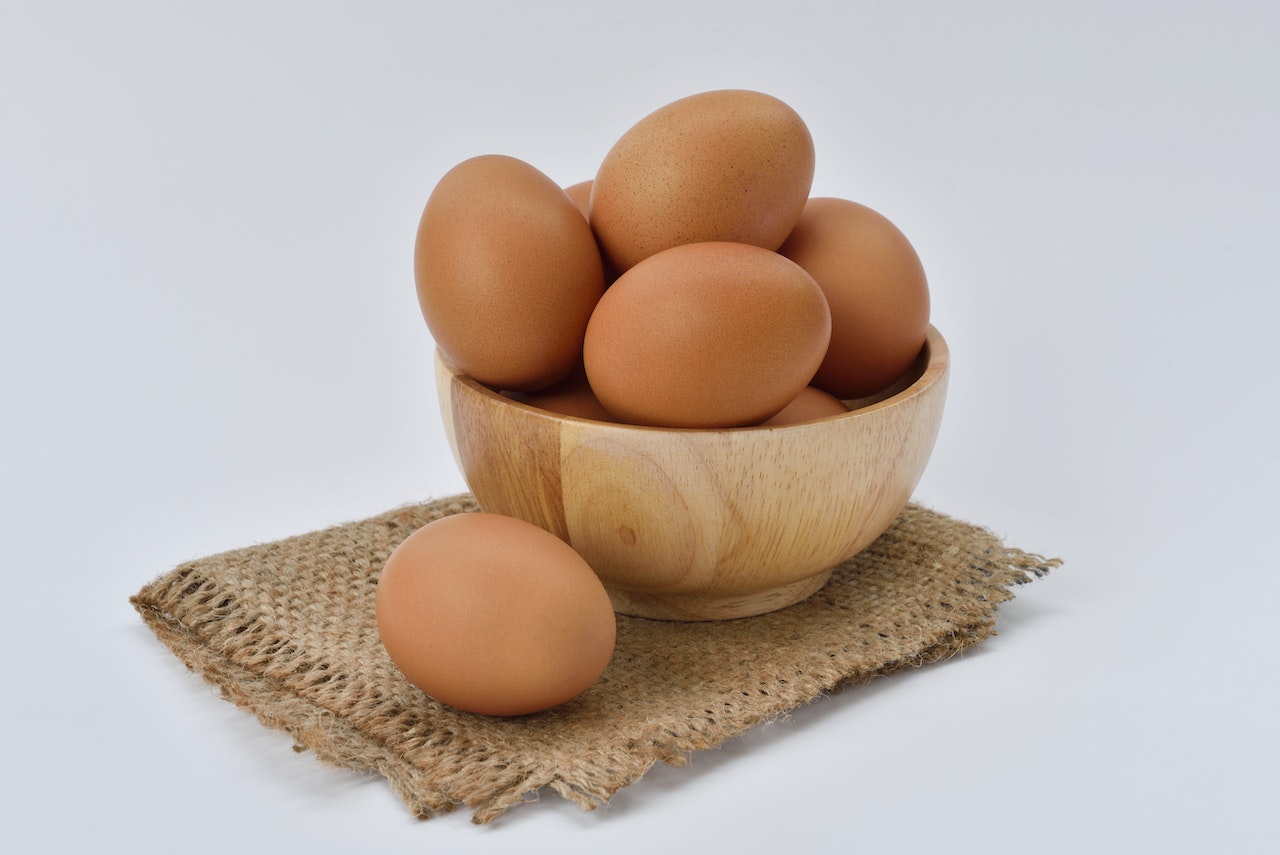Vitamins are essential micronutrients that play vital roles in maintaining our overall health and well-being. Among the many vitamins our bodies require, Vitamin B2, also known as Riboflavin, stands out as a crucial player in several key bodily processes. In this article, we will delve into the world of Vitamin B2, exploring its benefits, dietary sources, and the importance of including it in your daily diet.
What Is Vitamin B2 (Riboflavin)?
Vitamin B2, or Riboflavin, is one of the eight B-vitamins, collectively known as the B-complex vitamins. Like other B-vitamins, Riboflavin is water-soluble and cannot be stored in the body for an extended period. This means that it needs to be obtained regularly through your diet.
The Health Benefits of Riboflavin:
1. Energy Production:
Riboflavin plays a critical role in energy metabolism. It helps convert the food we eat, particularly carbohydrates, into energy that our bodies can use. This is why Riboflavin is often referred to as an “energy vitamin.”
2. Skin and Eye Health:
Riboflavin is essential for maintaining healthy skin and good vision. It contributes to the health of your skin, eyes, and mucous membranes. In fact, it’s involved in the prevention of conditions like cataracts.
3. Antioxidant Properties:
Riboflavin acts as an antioxidant, helping to protect cells from damage caused by free radicals. Antioxidants are essential for overall health and may reduce the risk of chronic diseases.
Dietary Sources of Riboflavin:
To ensure you get an adequate intake of Vitamin B2, consider including these food sources in your diet:
- Dairy Products: Milk, cheese, and yogurt are excellent sources of Riboflavin.
- Lean Meats: Meat, especially lean cuts like chicken and turkey, is rich in Riboflavin.
- Fish: Fatty fish like salmon and mackerel contain substantial amounts of Riboflavin.
- Eggs: Egg yolks are a good source of Riboflavin.
- Leafy Greens: Vegetables like spinach, kale, and broccoli provide Riboflavin and other essential nutrients.
- Nuts and Seeds: Almonds, sunflower seeds, and pistachios are among the nuts and seeds that contain Riboflavin.
- Fortified Cereals: Some breakfast cereals are fortified with Riboflavin, making them a convenient option.
External Links for Further Reading:
- National Institutes of Health – Riboflavin (Vitamin B2)
- MedlinePlus – Riboflavin (Vitamin B2)
- WebMD – The Benefits of Vitamin B2 (Riboflavin)
Conclusion:
Vitamin B2, or Riboflavin, is a vital nutrient that plays a key role in energy production, skin and eye health, and overall well-being. By incorporating Riboflavin-rich foods into your diet, you can ensure that your body receives the necessary nutrients to function at its best. Remember to consult with a healthcare professional or a registered dietitian if you have specific dietary concerns or requirements regarding Riboflavin or any other vitamin. Your health and vitality depend on a balanced and nutritious diet, and Vitamin B2 is just one piece of that essential puzzle.

